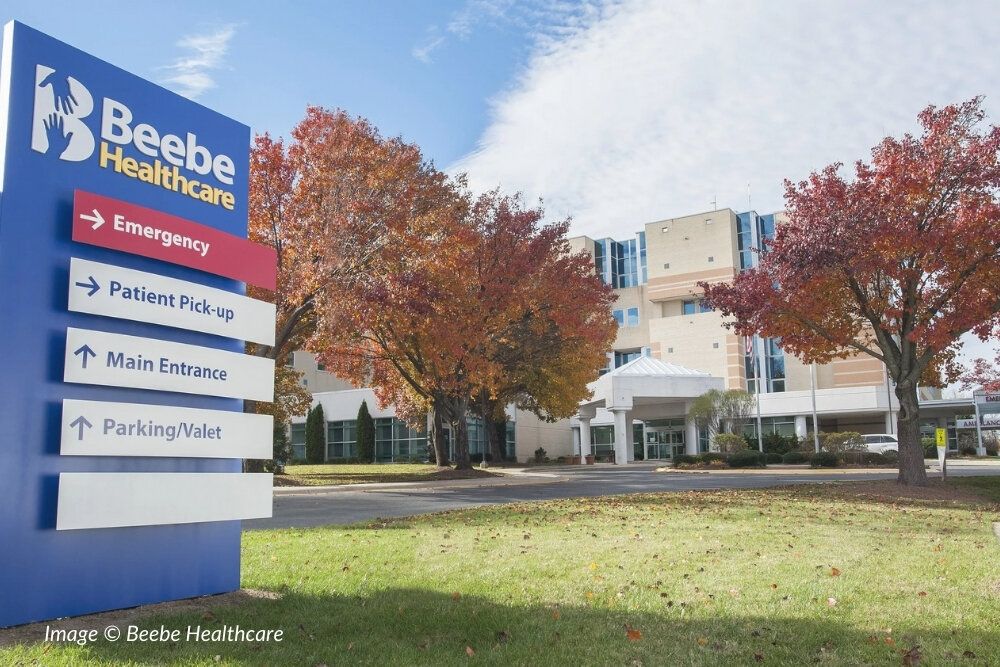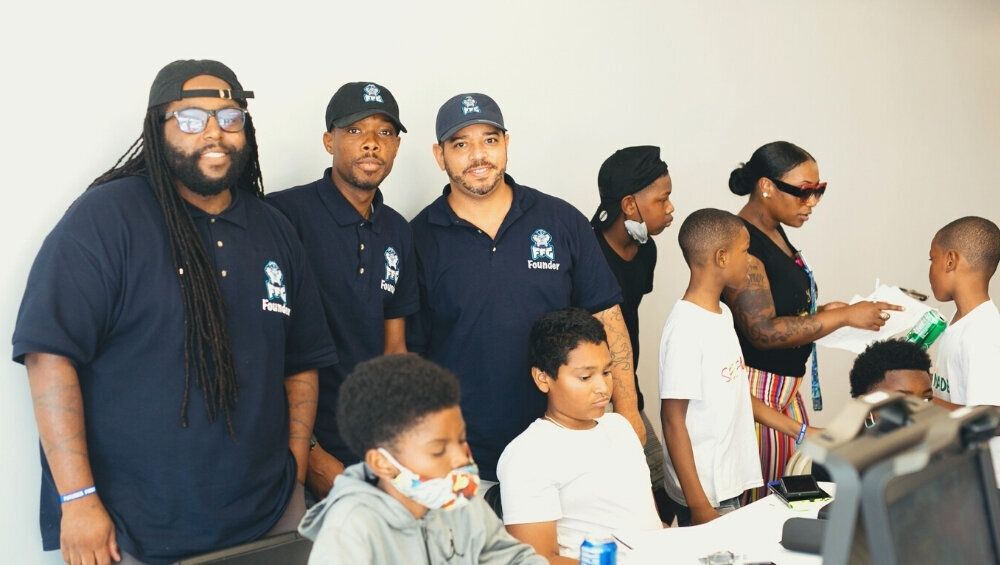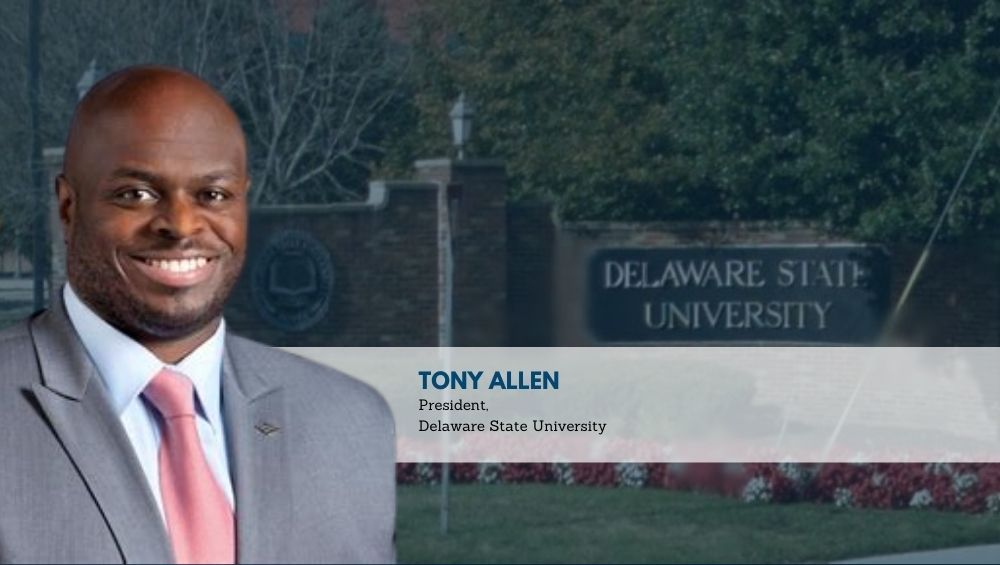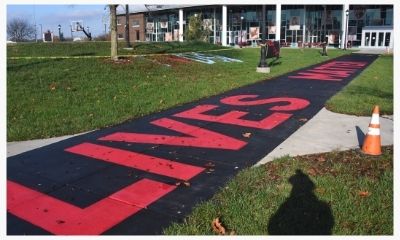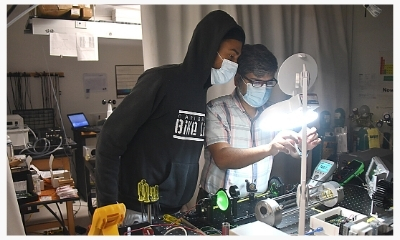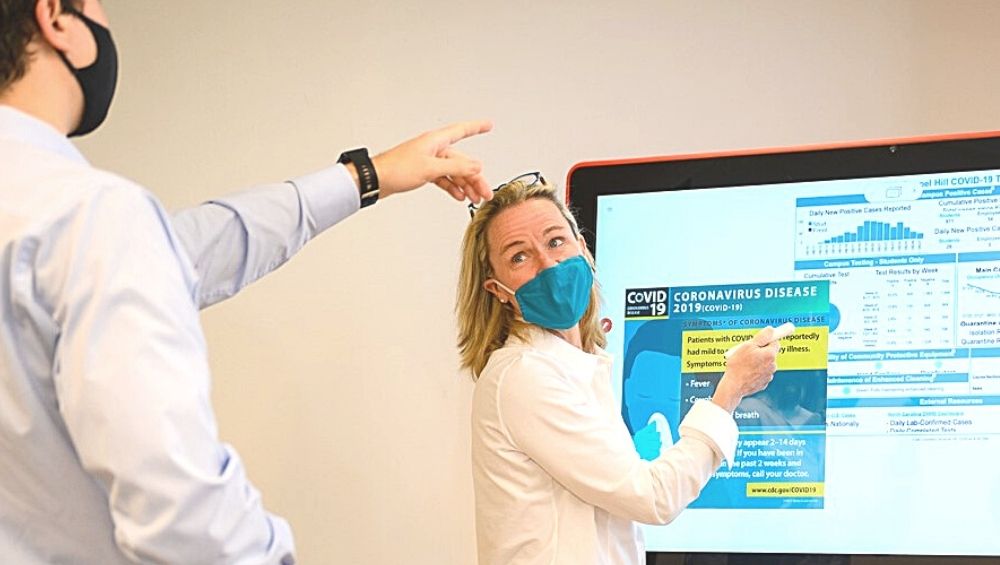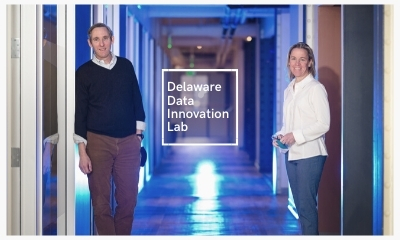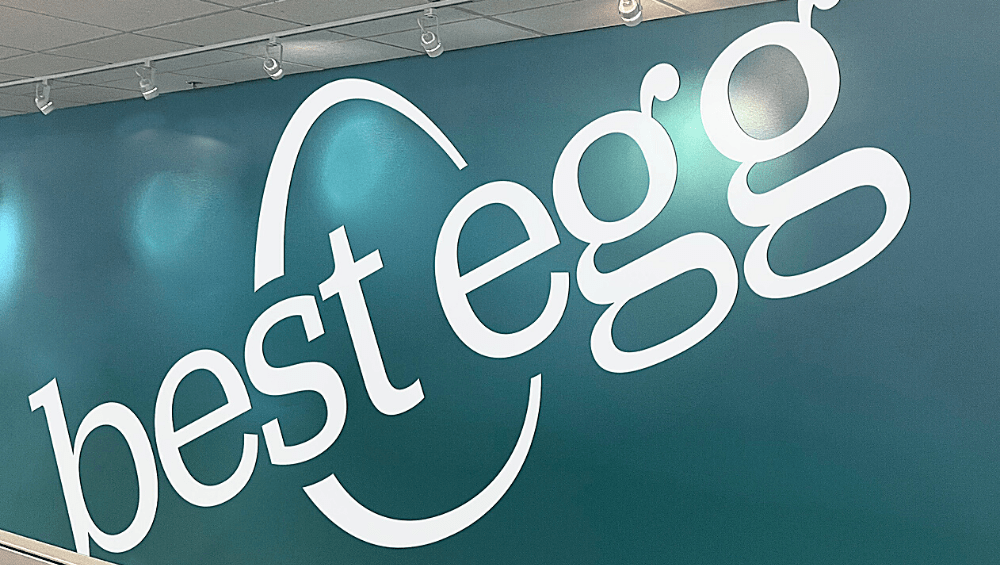Beebe Healthcare First in Delaware to Offer Hospital at Home Program
Beebe Healthcare recently became the first healthcare system in Delaware to offer a Hospital at Home program for patients who meet the criteria.
Beebee Healthcare in the Comfort of Your Home
Beebe’s Hospital at Home Program allows patients to be treated for their medical condition in the comfort of their own home as a substitute for traditional inpatient, in-the-hospital care.
“This is how Beebe is providing the best care right here in Sussex County – collaborative innovations that provides a patient with the personalized and empathetic care plan for their needs,” said David A. Tam, MD, MBA, FACHE, President & CEO, Beebe Healthcare. “I’m proud of the multi-disciplinary team from patient care to IT to make this secure and innovative service available to patients.”
Beebe Healthcare physicians and nurses will provide the care needed. In addition, the patient’s care team may include nurse practitioners, social workers, care coordinators, physical therapists, or other care members.
“Patients find being cared for at home to be a more restful and convenient experience than the hospital,” said Lynne Voskamp, DNP, RN, CEN, Beebe Healthcare’s Vice President of Nursing Operations & Continuum of Care, Chief Nursing Officer, and Administrator of Home Care Services. “Our team provides the same excellent care at home as you would receive in the hospital. This includes services such as IV medication, lab tests, physical therapy services, and oxygen therapy – all at no additional cost to the patient.”
As part of the Hospital at Home program, care provided in the patient’s home includes:
- Transportation back home from the hospital
- Delivery and set up of any necessary equipment needed, including IV medications
- Computer tablet that allows patients to see and talk to their doctor or nurse from their home
- Daily visits from doctors or nurse practitioners (NPs) in person or through the computer tablet
- Two daily visits by a registered nurse
- Support from social workers and physical therapists
- Assistance in scheduling follow-up appointments.
Patients will be provided the following equipment along with the computer tablet:
- Scale
- Pulse Oximeter
- Blood Pressure Monitor
- Thermometer.
To learn more about Beebe’s Hospital at Home program, visit beebehealthcare.org/services/hospital-medicine.
About Beebee Healthcare
Beebe Healthcare is a not-for-profit community healthcare system with a charitable mission to encourage healthy living, prevent illness, and restore optimal health for the people who live in, work in, and visit the communities we serve. Beebe Healthcare has three campuses: the Margaret H. Rollins Lewes Campus, which houses the medical center; the Rehoboth Health Campus; and the South Coastal Health Campus. Beebe Healthcare offers primary care as well as specialized services in the areas of cardiovascular, oncology, orthopaedics, general surgery, robotic surgery, and women’s health. Beebe also offers walk-in care, lab, imaging, and physical rehabilitation services at several locations throughout Sussex County, in addition to a home health program and a comprehensive community health program.
For more information about Beebe Healthcare, visit beebehealthcare.org.
This article was originally posted on the Beebee Healthcare website at: https://www.beebehealthcare.org/news-release/beebe-healthcare-first-delaware-offer-hospital-home-program
